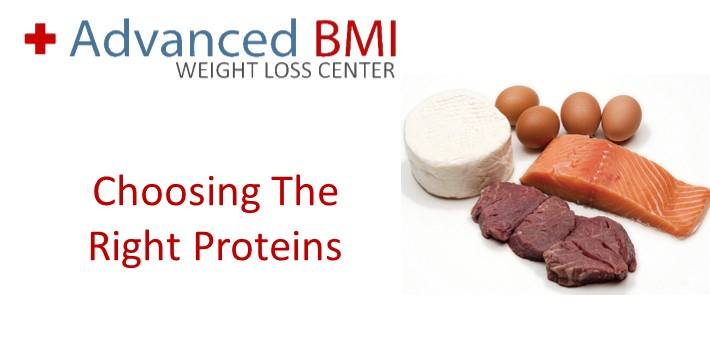Proteins are one of the three sources that our bodies utilize to produce energy, the other two being carbohydrates and fats. Because proteins are not stored in our bodies in the same way that carbohydrates are, we need to get a sufficient amount of protein every day (a typical adult will need 40 to 65 grams). But not only is it important to get enough proteins, it is also necessary to choose the right “good” kinds.
The difference between good and bad proteins is their saturated fat content: the lower the saturated fat content, the better the protein. Proteins whose saturated fat content is elevated tend to raise your cholesterol levels and increase your risk of heart disease.
Where to find good sources of proteins.
Meats
Meats such as steak, chicken with the skin on, and salami, are high in protein but they also contain a lot of saturated fats. That’s why you should try to eat these kinds of meat no more than twice weekly.
Other better choices for protein-rich meats are lean meats, i.e. chicken, beef, turkey, and fish. These meats contain less fat but are still high in protein content.
Soy
Soy is high in protein and low in saturated fat, and is being used a meat alternative for vegetarians. Veggie burgers, soy nuggets, tofu, edamame, etc., are all soy products.
Nuts
Almonds, walnuts, hazelnuts, cashews, etc., are all good sources of protein that are not high in fat. Keep in mind, however, that these should be consumed in moderation.
Beans and peas
Black peas, chickpeas, falafel, lentils, soy beans, and a variety of other beans and peas are excellent sources of protein and are low in saturated fats.









